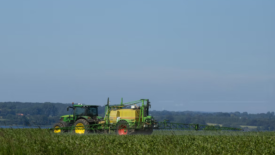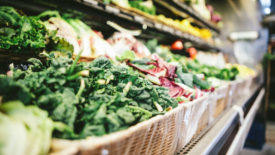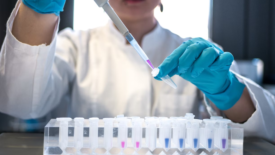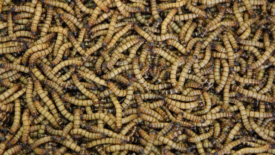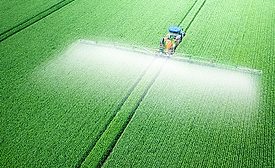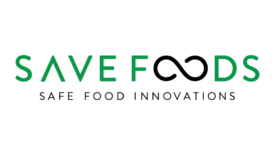Home » pesticide residues
Articles Tagged with ''pesticide residues''
Demystifying Pesticide Residues
To determine acceptable pesticide residue risk levels, we rely on a risk assessment framework to make science-based decisions
October 11, 2022
Never miss the latest news and trends driving the food safety industry
eNewsletter | Website | eMagazine
JOIN TODAY!Copyright ©2025. All Rights Reserved BNP Media.
Design, CMS, Hosting & Web Development :: ePublishing
